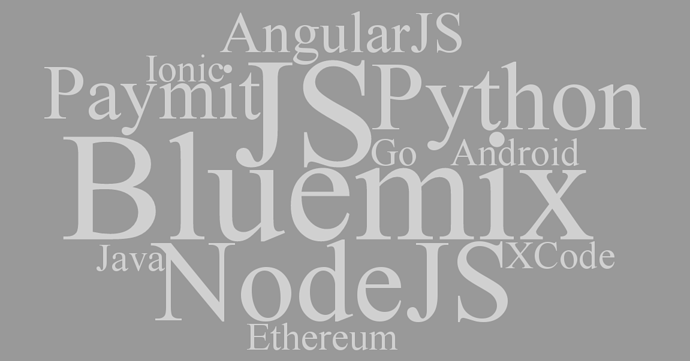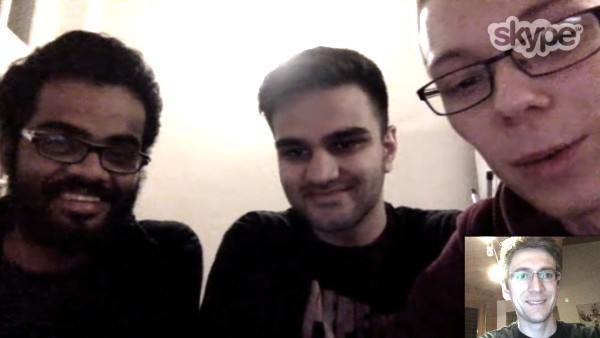On this page we are documenting the Open Data track of the hackathon organized by the FinTech incubation branch of SIX Group at Schiffbau in Zurich and RainmakingLoft in London: See the official website for details. @sodacamper is running a workshop (slides available here) on behalf of Opendata.ch, the Swiss chapter of Open Knowledge during the event. We are bringing in data engineering and crowdsourcing know-how (see finance hackathons 2012, 2013, 2015), experience with coaching and connections to global networks. Leave a comment on the forum or mention @sodacamper and #SIXHackathon if you need an answer urgently. See the section further down for a quickstart.
Hackathon datasets
Datasets supported at the event documented here. Additional links to data sources, tips and tools will be posted in the comments thread below.
Financial data samples for SIX Hackathon
- Extracted, aggregated, anonymized payment transactions from demo accounts during 01.2013-01.2016. [Details …]
- Tick data for January 2015 of 20 Swiss BlueChip securities [Details …]
Format: CSV | Download: Bitbucket (0.5GB) | License: unlicensed*
(* not open data, supported only for hackathon participants)
Contact: Maneesh and Thomas Landis in Zürich, Sergey in London
Quickstart guide
Some tips to get you started with finding open data for your project:
1) Define areas of interest and expand your [terms]
For example, if you are planning to work on bitcoin, think of related topics like “alternative currencies”, “monetary exchange”, “trading platforms”, “e-commerce”. But also unrelated topics from “weather patterns” to “music tastes” can be thrown into this pot. Decide which ones are most likely going to be a priority based on your interests and ambitions as hackathon participant. Even if you don’t do any of the other steps, you will have a basic mindmap that will make it easier to choose a team and dive into data at the event. And if you need some extra inspiration, check out the new Open Banking Standard in the U.K.
2) Figure out where to start your [data] searches
Of course, search engines are also going to be useful for quickly navigating the world wild web of information. When it comes to data, sometimes you are more flexible on the topic and less flexible (due to timing and other constraints) about the accessibility or format of the data sources you will ultimately be able to use. Open data portals - and Open Government Data portals in Switzerland, U.K., Europe, USA… - can be a source of discovery. Check out OpenSpending, an independent catalogue of over 1’000 datasets on the way governments plan and spend money around the world. Visit OpenCorporates for a database of ~99M companies. See how to plug your app into Open Product Data. Get tips from the Swiss open data community on finance data and other topics.
3) Sketch your idea, learn the tools, [participate] in the community
You do not have to be a programmer to excel at a hackathon, and contributions in vision, design, research, planning, documentation and communications can make all the difference. Often it all starts with a simple hand drawn sketch. But, in the long run, making an impact and impressing users does mean knowing at least where the technology is going (for example, see where OpenSpending is headed). The open data and open source movements are concerned with levelling the playing field: Web Standards and Open Source Software were made possible through contributions of massive virtual communities of developers and users. It takes at least as much drive and dedication to succeed with a business powered by open data - the network effects and new socioeconomic models is what make it worthwhile.
So get out there, build, explore, set up - comment below, tweet, blog, express your curiosity and you will learn a lot! Feel free to reach out for tips and advice along the way: that is what soda camp is for.

Glengarry Glen Ross © New Line Cinema 1992

